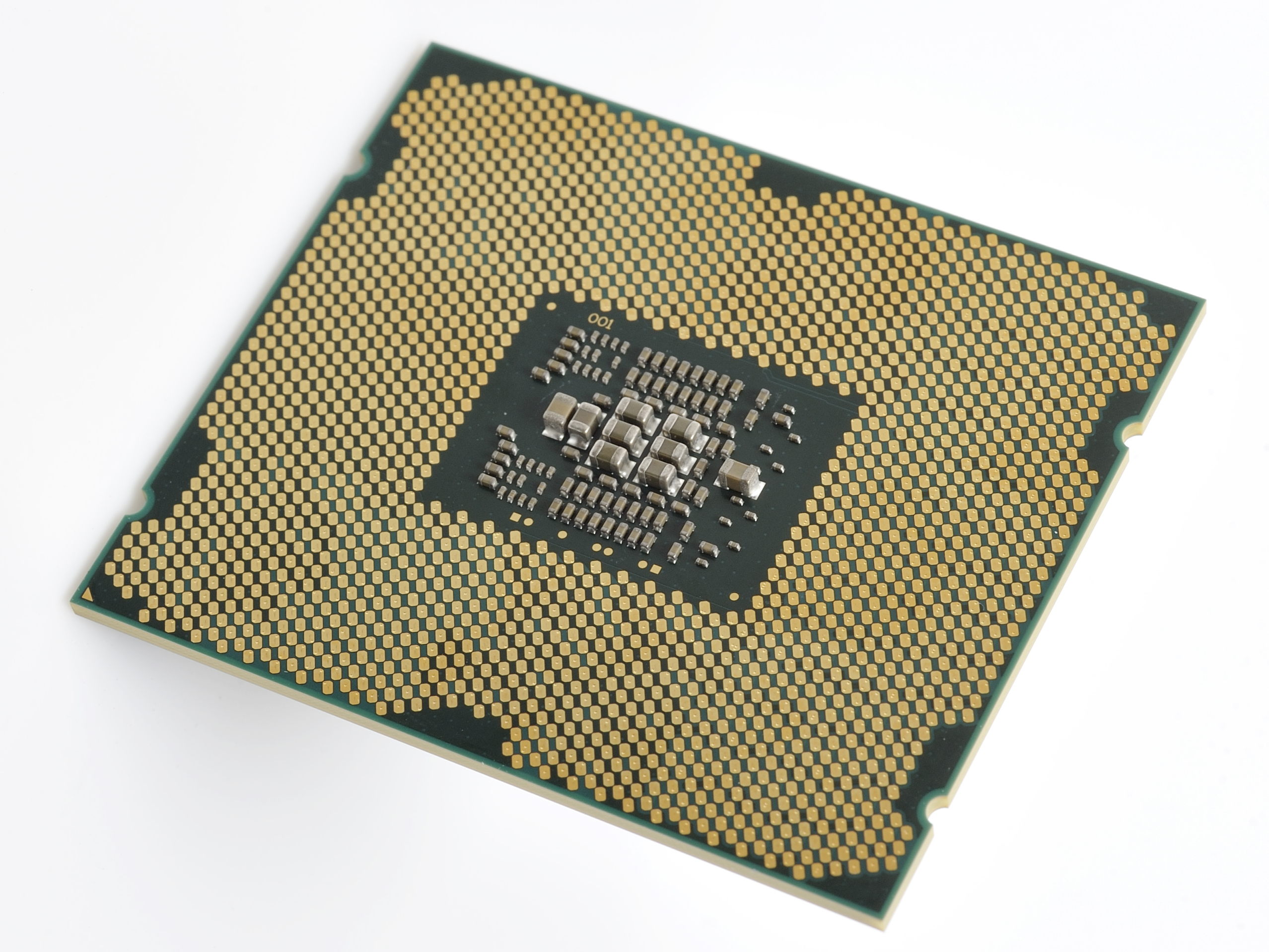Why you can trust TechRadar
The Intel Core i7 3820 actually posts some decent scores in our benchmark tests, but it's the Intel Core i7 2700K that makes the best impression, thanks to some stellar comparative benchmarks.
In single-threaded applications, the straight Sandy Bridge architecture has the edge in our test, showing why the gaming performance is higher as well.
So the key battle for the Intel Core i7 3820 is the head-to-head with the Core i7 2700K, the top Sandy Bridge CPU. At £260, they're both priced in the same ballpark (or stadium, if you prefer), and at 3.6GHz vs the 2700K's 3.5GHz they're both around the same sort of clockspeed.
Predictably things are pretty close in terms of raw performance. Importantly, though, not identical.
The Intel Core i7 2700K still maintains a lead at stock clocks over the Sandy Bridge E Intel Core i7 3820. In single-threaded performance, the 2700K is actually quicker than even the i7 3830K, although despite having a higher clockspeed, the i7 3820 offers the same figures as the 3830K in single-threaded performance.
Thanks to the extra couple of cores in the mid-range Sandy Bridge E chip, it takes a lead in the multi-threaded Cinebench rendering and X264 encoding tests. The resolutely quad-core Intel Core i7 3820 lags behind the hex-core chip and, interestingly, the lower-clocked Core i7 2700K, though.
The straight Sandy Bridge's gaming pedigree comes to the fore, though, when we start throwing the World in Conflict and Shogun 2 benchmarks at the different chips.
Sign up for breaking news, reviews, opinion, top tech deals, and more.
When the graphics card is taken out of the equation, in the WiC and Shogun 2 CPU DX9 CPU tests, the straight-line performance of the 2700K puts it ahead of both the Sandy Bridge E chips. And that's even true when we beat the i7 3820 with the overclocking stick, too.
But the overclocking performance of the i7 3820 is quite interesting. Despite being only partially unlocked, meaning you hit the 4.3GHz limit straight away, you can push it further given the right motherboard.
Thanks to the BCLK strap, the Sandy Bridge E chips are able to withstand a good tweaking of the base clock. That's still limited to being 100MHz, 125MHz, 166MHz and 250MHz, but it does give you some leeway.
With a decent motherboard, you should be able to get up to the same sort of overclocking performance - around 4.7GHz - as the i7 2700K.
That means that the partially locked multiplier really doesn't impact too much on the overclocking prowess of this new Sandy Bridge E chip.
But the reliance on a decent motherboard is one thing that goes against the i7 3820, especially in a straight fight between it and the 2700K. And that's all down to platform costs.
